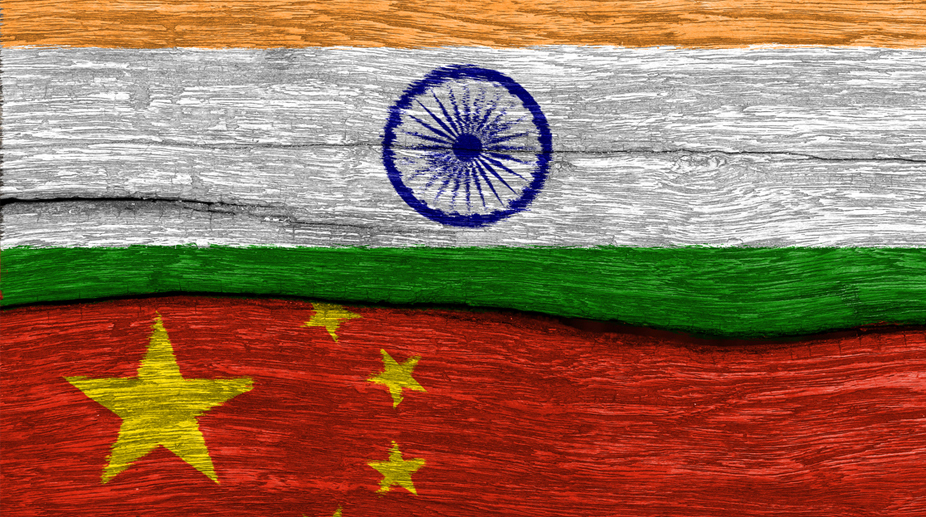Ahead of India-China boundary talks on Friday, New Delhi on Thursday reiterated its opposition to Beijing’s ambitious Belt and Road Initiative (BRI).
During a press briefing, External Affairs Ministry spokesperson Raveesh Kumar said, “Our policy has been very clear and consistent on why we oppose this initiative. We believe connectivity initiatives should be based on universally recognised international norms, good governance, rule of law, openness, transparency and quality and must be pursued in a manner which respect territorial integrity and sovereignty”.
India, he said, would be open to any efforts which would address its legitimate concerns in this regard.
The spokesperson was asked for his reaction to Russian Foreign Minister Sergey Lavrov’s recent remarks that India should reconsider its position on BRI and join it.
New Delhi has opposed BRI on the ground that the China-Pakistan Economic Corridor (CPEC), the flagship project of the initiative, runs through Indian territory in Jammu and Kashmir under the illegal occupation of Pakistan.
There have been reports suggesting that China, which is keen on India’s participation in the BRI initiative, could even raise the issue at Friday’s boundary talks between the Special Representatives (SRs) of the two countries.
National Security Advisor Ajit Doval will lead the Indian delegation at the talks while the Chinese team will be headed by State Councillor Yang Jiechi.
Meanwhile, India hit out at China for protecting JeM chief Masood Azhar by repeatedly blocking his listing as a global terrorist by the UN Security Council.
“On counter-terrorism, cooperation continues to elude the Council as it falls victim to narrow political and strategic concerns,” India’s Permanent Representative to the UN Syed Akbaruddin told the Council, without naming China.
“On an issue as serious as designation of terrorist individuals and entities, the Council mandated Sanctions Committees fail to make concrete progress, thus putting our common security in peril,” he added.











